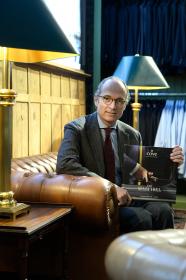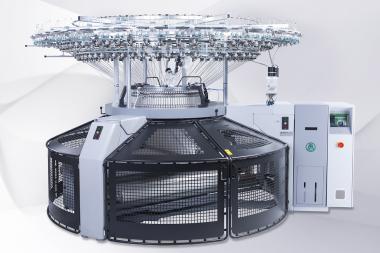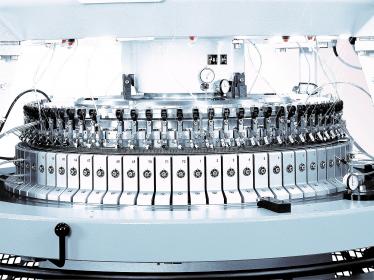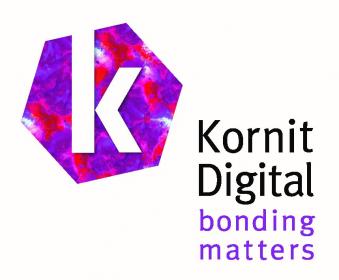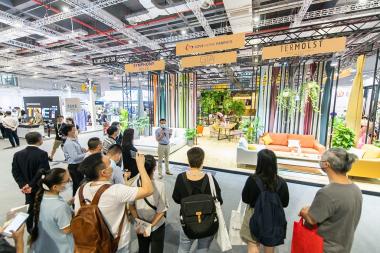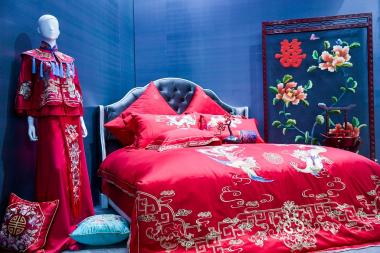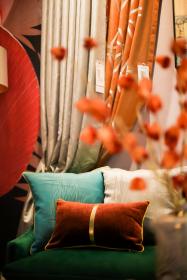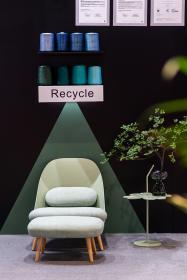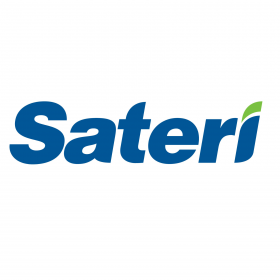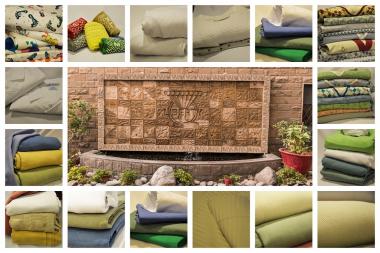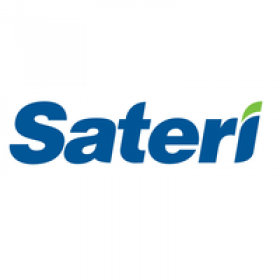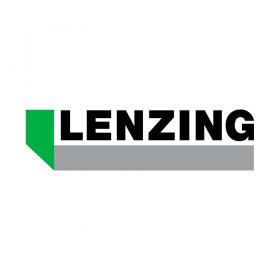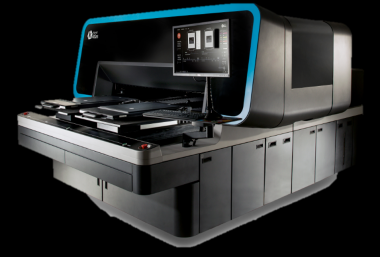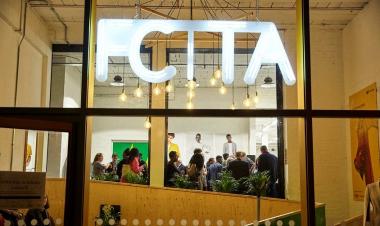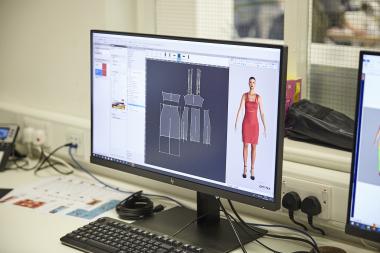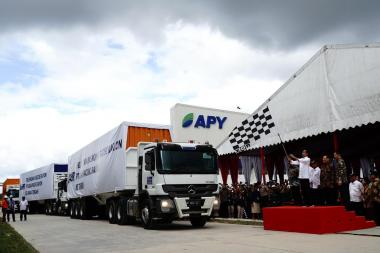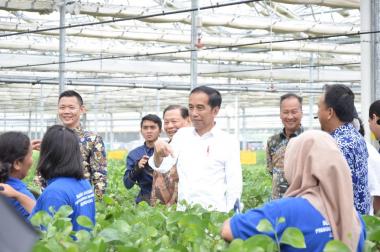ISKO launches bluesign® APPROVED fabrics
ISKO announced the launch of bluesign® APPROVED fabrics. The only denim mill in Europe with bluesign® APPROVED fabrics, and one of the highest achievement’s in sustainability. This won honour is only awarded to those that meet the strict safety and environmental requirements of the bluesign® CRITERIA. These certified articles are made from bluesign® APPROVED chemicals and raw materials, and are manufactured with a minimum impact on people and the environment. This enables brands to provide safe products to their consumers, verified as bluesign® PRODUCT, which are sustainably produced without hazardous chemicals.
“When the goal is big, the effort is big. Choosing the right partner means taking safe steps. In this sense, I can gladly say that we will continue on our way with the bluesign® chemical followup process.” – Ebru ÖZKÜÇÜK, Head of Sustainability ISKO.
Through this partnership and certification, ISKO and bluesign® continue their vision of a textile and fashion industry with a future that focuses more attention on people and the environment, because only when both are considered can the industry truly make a positive, long-lasting impact.
Menabò Group





